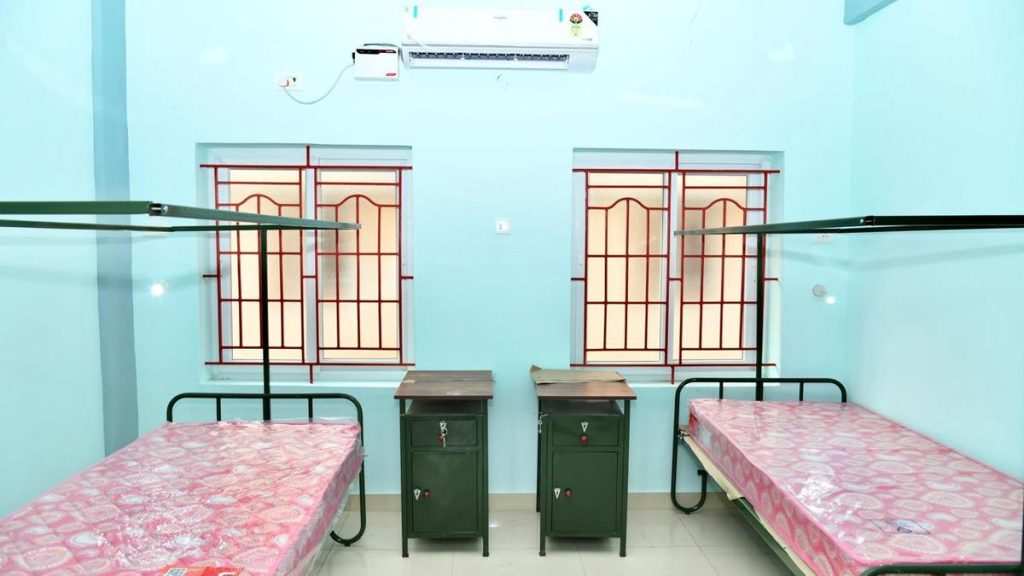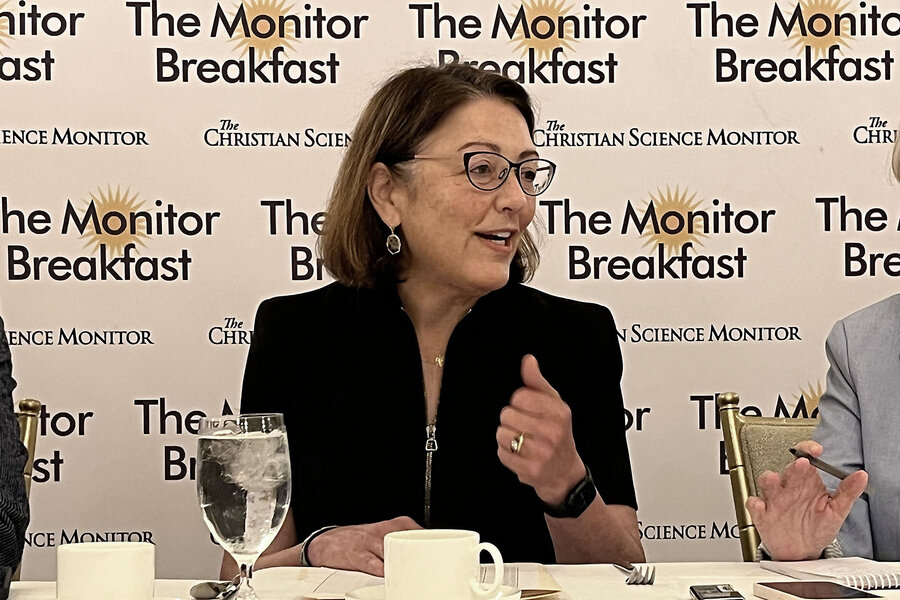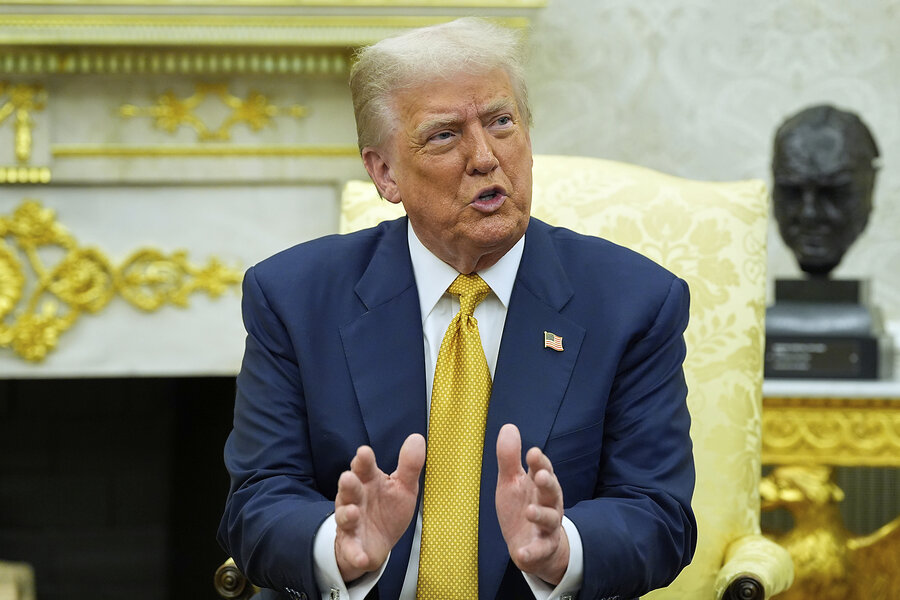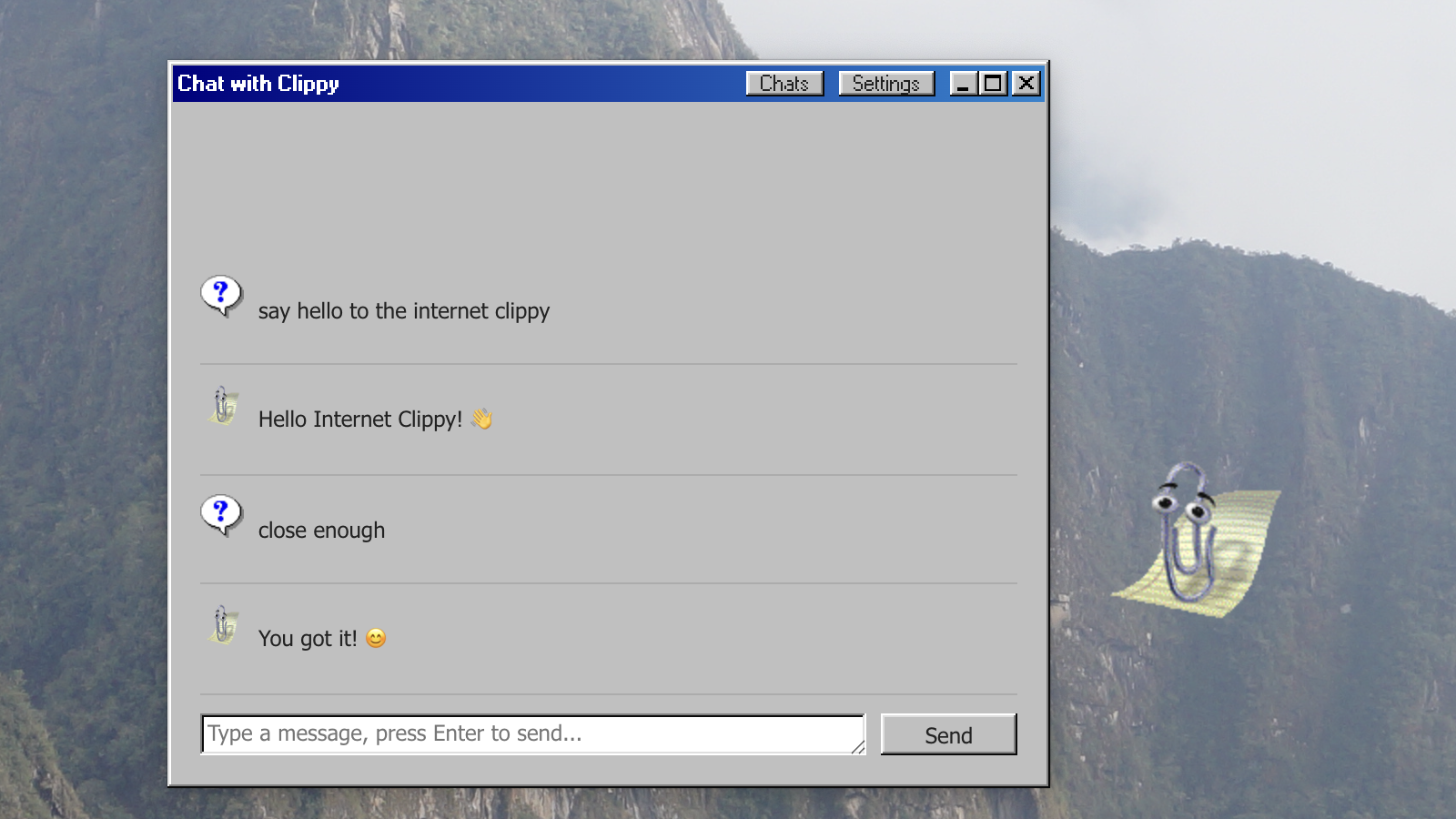Now Reading: Government Revives RoDTEP Scheme, Expands Leather Export Access
-
01
Government Revives RoDTEP Scheme, Expands Leather Export Access
Government Revives RoDTEP Scheme, Expands Leather Export Access
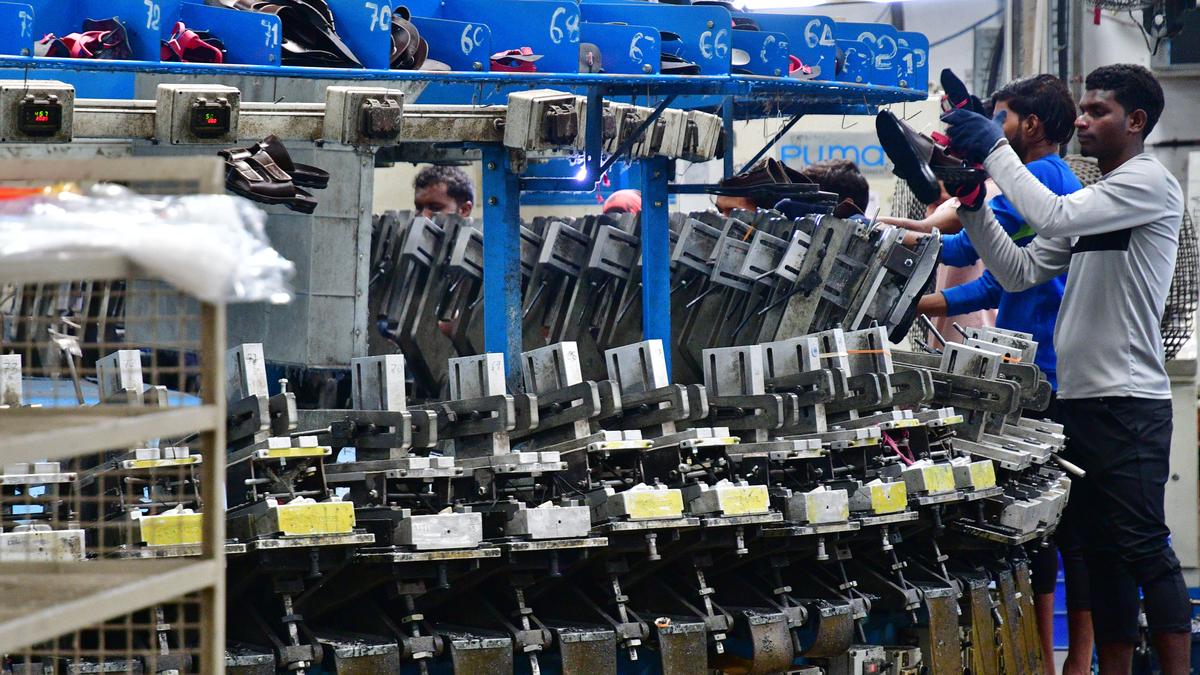
Quick Summary
- The Ministry of commerce adn Industry has introduced measures too boost India’s export competitiveness,especially affecting Tamil Nadu’s leather industry.
- Port restrictions on exporting specific types of leather-finished leather,wet blue leather,East India tanned leather-have been removed. These items can now be exported from any port or inland container depot.
- Testing and certification requirements by the Central Leather Research Institute (CLRI) for these leather items have also been eliminated due to reduced relevance following changes in export duties and clear physical differentiation between raw and processed leathers.
- East India tanned leather, which uses vegetable dyes, holds a Geographical Indication (GI) tag similar to Darjeeling Tea or Kanchipuram silk sarees.
- The government has restored the Remission of Duties and Taxes on Exported Products (RoDTEP) scheme for Advance authorization holders (AA), Export-Oriented Units (EOUs), and Special economic Zones (SEZs).
– This reimbursement aims at making Indian exports globally competitive by refunding embedded duties not covered under other schemes.
– This RoDTEP extension is effective from June 1, 2025. Lobbyists had requested retroactive benefits starting February 7, 2025.
Read More: The Hindu Article Link
Indian Opinion Analysis
The removal of port restrictions for specific types of leather exports streamlines logistical processes that were earlier hampered by limited access points. By decentralizing export locations across ports nationwide,Tamil Nadu’s GI-tagged East India tanned leather could gain more visibility internationally with reduced operational costs for exporters. Similarly, the removal of CLRI requirements aligns policy with current market dynamics were processed versus raw material distinctions are visually evident.
Restoring the RoDTEP scheme highlights governmental responsiveness to exporters’ needs after significant lobbying efforts. The alignment with SEZs, EOUs, and AA holders reflects strategic support aimed toward specialized units pivotal in India’s trade ecosystem. While set from June onward, stakeholders’ suggestion for retroactive request underscores a need for continuity between policy shifts.
These steps collectively aim at enhancing global competitiveness-a critical aspiration amidst growing international trade challenges-but actual effectiveness remains contingent on sustained implementation transparency across industries beyond Tamil Nadu’s regional benefits.
—
!Representational image of a manufacturing unit **Photo credit: M.periasamy



